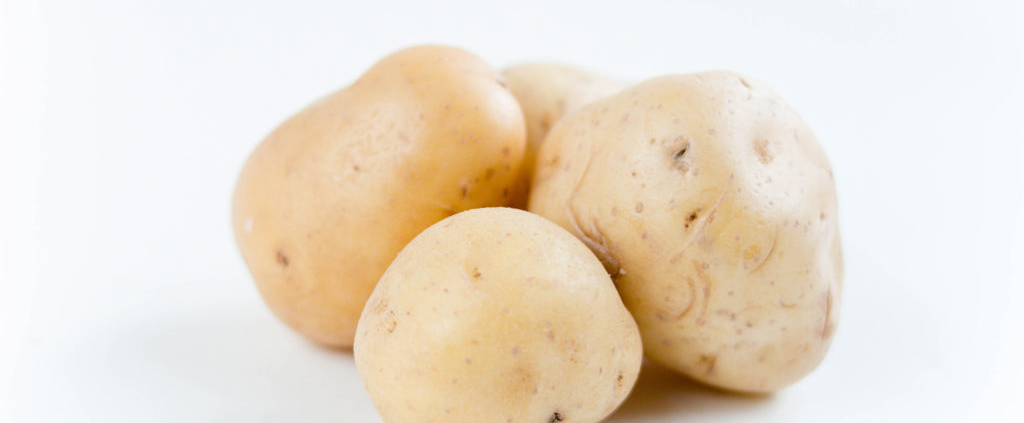Those foods and dishes that in Germany change name, region by region
Have you studied German, or wish to do so, and think to have reached the finish line with a B2 or C1 level? Think again. Although your efforts will surely pay off, it will be enough to talk with a native speaker to realize the difference between the language you studied on books, and the spoken one.
One of the first things that you will become aware of when conversing with native speakers is the strong regional dimension of the German language. In Germany there are several terms used to describe the same thing: these vary on the linguistic register on the one hand, and on the region (Bundesland) and its dialect on the other. Some regional terms derive in fact from French, whose influence is very much present also in several German words. Other regionalisms are instead heirs to antique dialects, for instance the German spoken in the south-western regions, today’s Baden-Württemberg, confining Switzerland and Alsace, have a lot of local expressions that are incomprehensible for Germans from other regions. The terms used are thus reflective of the German region of origin. The newspaper Spiegel Online published a study with an interactive map through which it is possible to locate the origins of 24 German regional expressions.
Bread
Even the purchase of a simple white-flour bread, Brötchen in everyday German, may become a complicated matter if one is not aware of the term in use in the region in question. Who lives in Friburg in Brisgovia (Baden-Württemberg) calls it Weckle. Imagine someone from Freiburg walking into a Bäckerei in Berlin asking for a Weckle. The most likely reply would be Wat denn? Eine Schrippe meenen See? (What? Would you mean a Schrippe? in berlin-german). From south-west to north-east something as simple as a white-flour bread has in fact different terms, Weckle or Schrippe. Going north, at about 300km from Berlin, the same contested, white-flour bread will be referred to in a different way: in Hamburg you will have to order a Rundstück.
The situation is further complicated if one wishes to refer to a sandwich: officially in German it would be a Butterbrot, but in Freiburg in Brisgovia it would be a Vesperbrot, in Berlin a Stulle and in Hamburg a Schnitte. To further complicate the matter, concurring to the word employed the gender will change.
Potatoe
A trip at the supermarket will be enough to find out that there are different words used to refer to potatoes, commonly known as Kartoffel. The german Kartoffel derives from the Italian word tartufo (truffle). Potatoes in fact arrived in Germany from Italy passing through Switzerland. Having however similar shapes, and being both two tubers, potatoes and truffles were initially confused : that is how Kartoffel spread around Germany to refer to potatoes.
The term Erdapfel has instead different roots and indicates “a fruit from the soil” (Erde= land, Apfel= apple). The origins of Erdapfel can be traced to the French language, which similarly refer to pommes de terre (apples from the soil). This word is employed more commonly in the south of Germany, in Austria and Switzerland. The denomination Grundbirne (or Grumbeere, Grumbire, Gromper) derives instead from the similarity of potatoes with a tuber that arrived in Germany in the same period, the topinambur: when referring to potatoes, it is commonly employed in Renania-Palatinato in the regional dialects.
Krapfen and omelette
In standard German, by Krapfen it is meant a particular austro-german dessert. If however you are in Freiburg and wish to order it, you will have to call it Berliner. On the other hand in Berlin you will have to ask for a Pfannkuchen. The same Pfannkuchen in Freiburg would instead mean an omelette, which in Berlin is instead called Eierkuchen. So to avoid unpleasant surprises, it would be thus advised to study the local jargon! Or, to be safe, you could order a nice, universally known in Germany, Schnitzel (escalope).
Jelly meat and tripe
Sülze or Sulz is a cold dish, usually prepared with boiled meats and vegetables, finely cut in small cubes and incorporated with jelly, also known as aspic (Aspik in german). The term Sülze derives from an antique term used to define brine. However in south-western Germany, more precisely in the Baden region, you would have to specify what you mean if you don’t want to risk to find yourself facing a smoking place of tripe. The dish derived from a bovine’s stomach is in fact called Sulz in this region, whereas in the rest of Germany it is commonly known as Kutteln (in Saxony it has a different name: Piepen).
Cover photo: Kartoffeln / Potatoes © Marco Verch CC BY 2.0
Wish to perfect your knowledge of German? Then take a look at the courses that Berlino Schule organizes in the heart of Berlin by clicking here!











Leave a Reply
Want to join the discussion?Feel free to contribute!